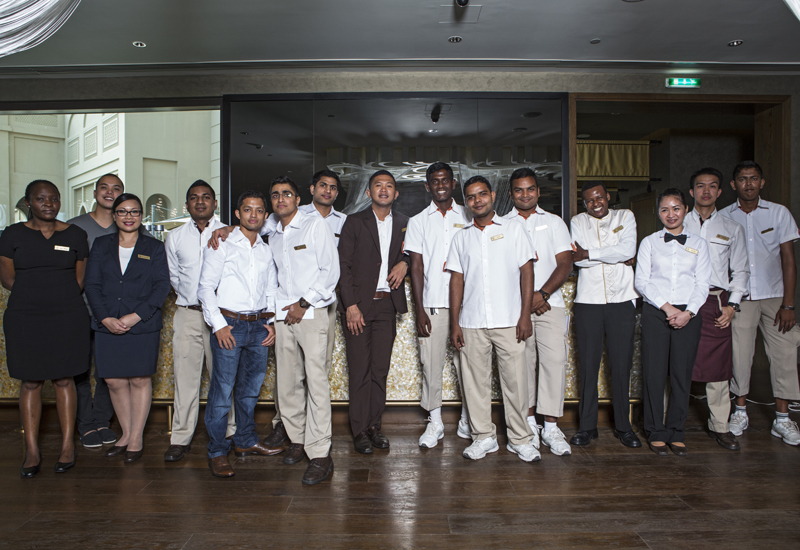She continues: “There could have been even more, if during 2013, the government didn’t approve a regulation concerning all potable bottled water products, introduced by ESMA (Emirates Standardization and Metrology Authority).
“In order to comply and, consequently, to be able to sell the water in UAE, the water brands had to face new big costs and several small players had to leave the market.”
Any drinking water products which did not comply with the UAE Scheme for Drinking Water, approved by the UAE cabinet, and did not have the Emirates Quality Mark (conformity mark recognised by ESMA), were not allowed into the market either.

| Advertisement |
Masafi head of marketing Intikhab Alam says that consumer demands have also led to the proliferation of imported brands in the market. He explains that consumers continue to demand high quality premium water that is bottled from a natural source.
Alam says: “However, there is a large segment of consumers who are not aware or are misled as to the source of their bottled water. The demand for natural water has led to an influx of imported waters, especially from Turkey.
“In addition to these imported brands, there has been a proliferation of local water brands using desalinated sea water but using graphics and advertising depicting trees and waterfalls to confuse consumers about the source.
“There is also an increasing trend for brands to claim mineral composition as a selling point, however the levels of minerals in water are too low to be significant from a nutritional perspective.”
But have these companies, as suppliers, noticed a demand either way from restaurants and hotels, for local or imported water?
Iain Farrell, Middle East zone director & commercial development director at Evian Volvic International, says: “Depending on the brand value of each establishment, restaurants in the Middle East offer either local water only or both local and imported for variety. In some cases, it also depends on the chef. With the fine dining scene in the Middle East becoming more vibrant and competitive, chefs understand the importance of pairing their gourmet creations with companions that bring out the best flavours.”
Alam thinks it doesn’t matter. He explains: “We have seen that restaurants and consumers in the Middle East demand high quality premium water that is bottled from a natural source whether local or imported.
“Masafi has been bottling water at source through its factory in Ras Al Khaimah from underground water sources. When the UAE banned exporting underground water, we opened a Masafi facility in Oman to continue providing naturally sourced water to our customers in the Middle East markets.”
Jaber says it is difficult to pinpoint a generic trend in restaurants. She explains: “In the Middle East, we have cuisines from all over the world and the choice between imported and local water is mostly price-driven. If we talk about fine dining restaurants, then it’s clear that they won’t serve local water in PET bottles because the whole experience will be compromised. In more budget restaurants, it is hard to find an imported alternative.”
She also adds: “In countries like the UAE where there is a strong presence of Western expats, it is important to take into consideration sparkling mineral water consumption. Although the Middle East is by definition a “still water region”, in the UAE we see that sparkling mineral water represents 30% of the market if we talk about the horeca sector. Some local water brands have launched their bottled sparkling water but it is mostly addressed to the retail market.”










 Search our database of more than 2,700 industry companies
Search our database of more than 2,700 industry companies









